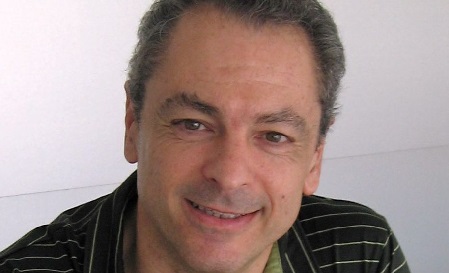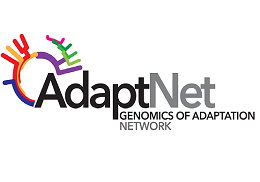The Universitat de València participates in AdaptNET, first Spanish thematic network of research on adaptation genomics. The network is coordinated by Professor Julio Rozas, from the Faculty of Biology and the Institute for Research on Biodiversity of the University of Barcelona (IRBio). Funded by the Ministry of Economy and Competitiveness, the network is made up of 24 laboratories from 11 research centers in the country and gathers leading scientists at an international scale.

The network of excellence AdaptNet is an initiative driven by the experts Julio Rozas (University of Barcelona); Rafael Zardoya (National Museum of Natural History – CSIC); David Posada (University of Vigo); Fernando González (University of Valencia); Pablo Vargas (Royal Botanic Garden-CSIC); Josefa González (Institute of Evolutionary Biology, CISC-UPF); Sebastián Ramos-Onsins (Center for Research in Agricultural Genomics, CRAG), Carles Vilà (Doñana Biological Station, EBD-CSIC), and Toni Gabaldón (Centre for Genomic Regulation, CRG).
Understanding how diversity of species is created and kept, and discovering which genomic mechanisms enable adaptation processes of living beings are some essential unknowns which are not solved in Evolutionary Biology yet. At the present moment, the new techniques of New Generation Sequencing (NGS) allow touching on these evolutionary questions at a scale that was unthinkable, but these technologies present a challenge for science and its fast evolution, the difficult adaptation –in management, analysis, and interpretation of a big volume of data.
Creating synergies between research groups, joining work methodologies and promoting the transfer of the know-how of teams specialized in adaptation genomics in Spain are the objectives of AdaptNET, the Thematic Network on Adaptation Genomics.
This network of excellence, that gathers leading scientists in the field of genomics around the world, will enable exchanging knowledge among the participating teams to work efficiently on the multiple challenges that come out with the study of adaptation genomics. The network is made by 24 laboratories from 11 research centres in Spain that elaborate work lines of a great scientific projection in disciplines such as genetics, genomics, evolutionary biology, zoology, botany, molecular biology, statistics, computational biology, bioinformatics and related fields.
AdaptNET is a pioneer initiative in Spain to improve research results in projects funded by the Spanish National Plan for Scientific and Technical Research and Innovation, and to promote new scientific collaborations on evolutionary genomics and share its advances with the general public.
The network includes groups that work on research lines related to model and non-model organisms, wild and domestic species, adaptive radiations, molecular biology technologies, NGS data analysis (RNA sequencing, assembly and genome annotation), desk studies, evolutionary and functional genomics, molecular systematics and bioinformatics.
“AdaptNET can offer –it is its objective in fact- a unique opportunity to work in a narrow collaboration, sharing its experience to identify the needs and opportunities of the studies throughout NGS techniques, creating the necessary critical mass for the multidisciplinary focus that is required to spread Genomics to Evolutionary Biology and vice-versa” says Julio Rozas, coordinator of the network and director of the Evolutionary Genomics and Bioinformatics Research Group of the University of Barcelona, a team part of the platform called Bioinformatics Barcelona (BIB).
Financially supported by MINECO, AdaptNET will promote the organization of scientific forums that promote knowledge exchange among the researcher collective (PhD students, post-doctorate researchers, heads of research, etc.) and will enable the stay in research centers for the improvement of techniques, among other action lines.
More information is available on AdaptNET website: http://adaptnet.es/.
Images:







